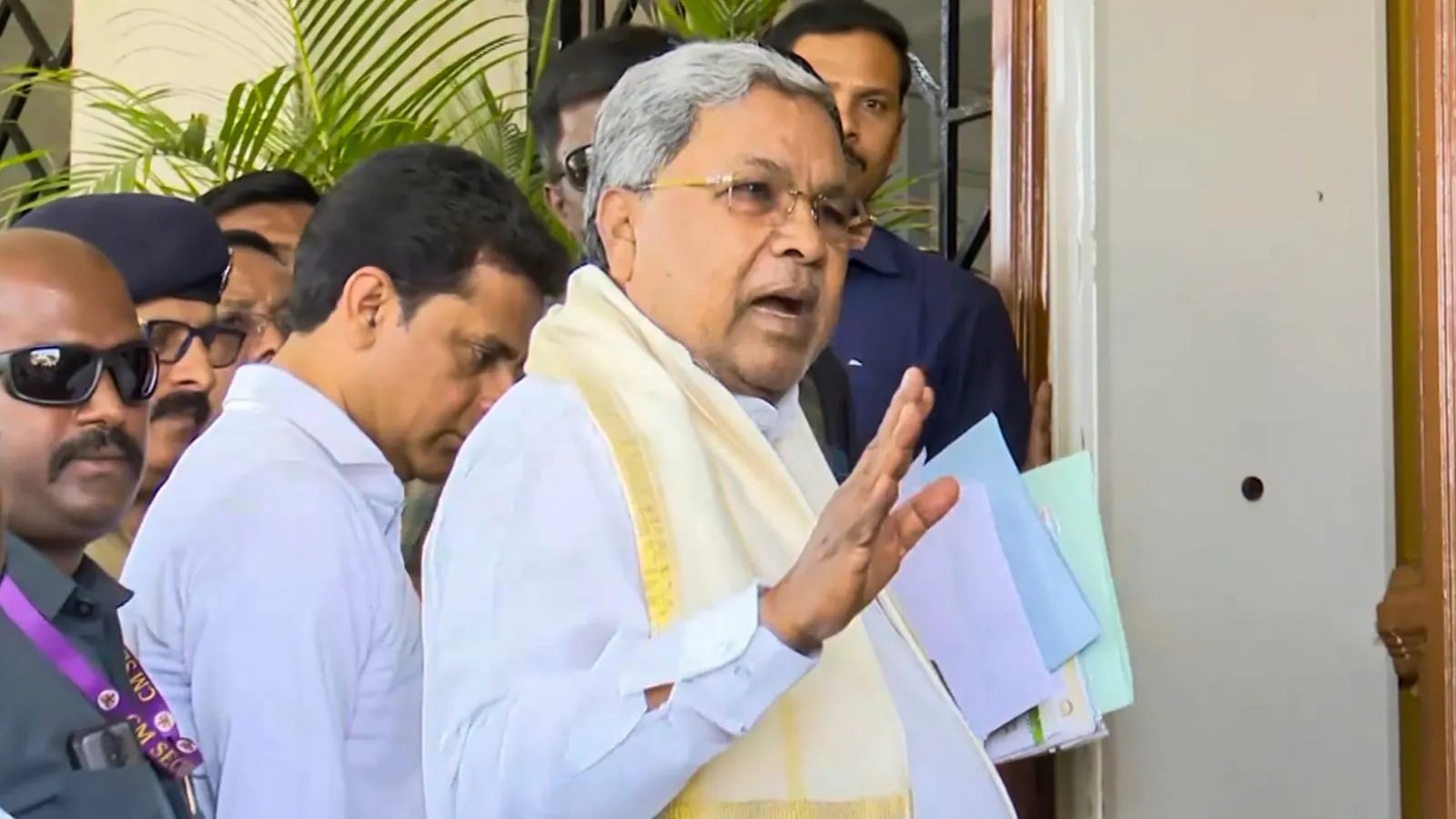By News18
Just days after Maharashtra paused its three-language policy for primary schools, Karnataka Chief Minister Siddaramaiah on Tuesday made it clear that his government supports a two-language formula for school education. Speaking to reporters in Mysuru, Siddaramaiah said, “We are for the two-language policy. My government is committed to it.”
The chief minister’s remarks come at a time when debates over language policies in schools are resurfacing across states. Karnataka’s stance signals a firm preference for limiting the medium of instruction to two languages, aligning with the state’s longstanding approach to school education.
The BJP-led Maharashtra government recently withdrew two government resolutions that aimed to introduce Hindi as a mandatory third language for students from Classes 1 to 5. This rollback reignited debates over language policies in schools across several states.
In Karnataka’s state board schools, the current structure requires students to learn two languages up to Class 5. From Class 6 onwards, Hindi is introduced as a third language. By Class 8, students are given the flexibility to choose their first language from Kannada, English, or Sanskrit. If a student selects Sanskrit as their first language, then Kannada becomes compulsory as the third language.
Despite the National Education Policy (NEP) recommending a three-language formula nationwide, Karnataka has officially rejected it and is in the process of drafting its own state-specific language policy.
The state Congress has openly backed the decision to drop the mandatory inclusion of Hindi, arguing that students should be encouraged to embrace regional languages instead. In a post on X, the party stated, “South India’s linguistic diversity is a vibrant tapestry, weaving together languages like Kannada, Kodava, Tulu, Konkani, Tamil, Telugu, Malayalam, and many others. However, mandating Hindi as a third language in schools, especially in non-Hindi-speaking states like Karnataka, creates discord.”
This growing resistance reflects broader concerns about imposing a one-size-fits-all language policy on a linguistically diverse region.
